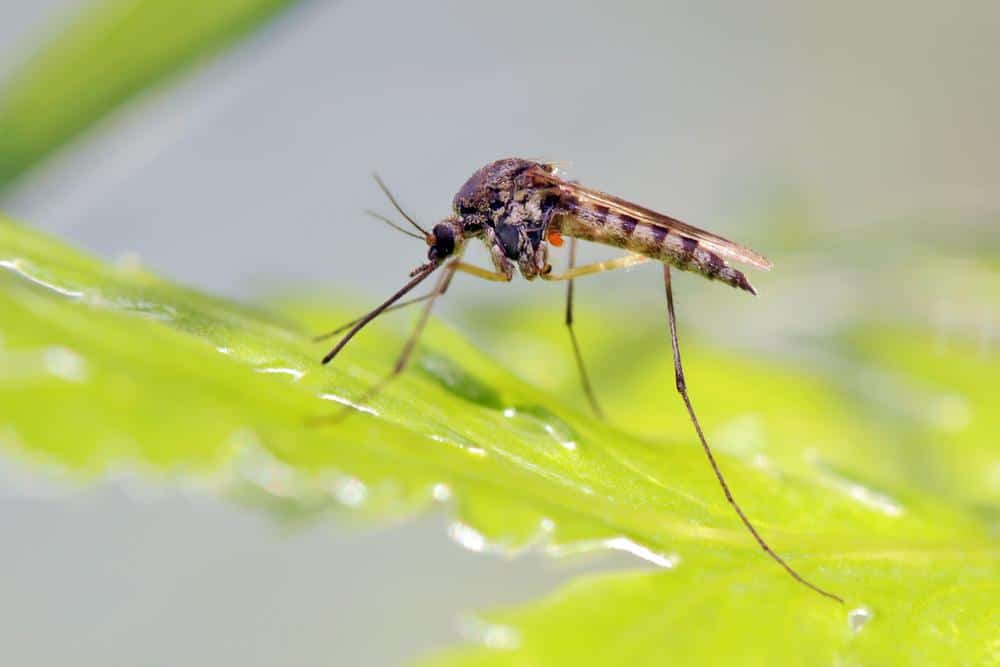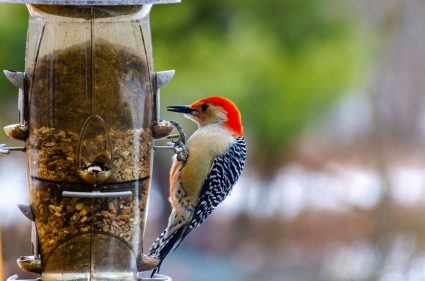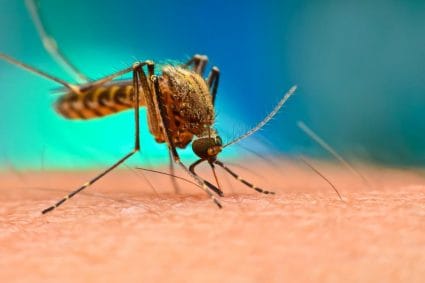
Mosquitoes are more than just annoying; they can also be carriers of dangerous diseases like Zika, West Nile Virus, and Dengue. Hence, the need to keep them away from our homes and surroundings is critical. While there are many commercial mosquito repellents available, going the natural route is a safe and eco-friendly alternative. This comprehensive guide will teach you how to keep mosquitoes away naturally using a combination of natural repellents, plants, and preventive measures.
To keep mosquitoes away naturally, use natural repellents like essential oils (lemon eucalyptus oil, lavender, cinnamon oil, thyme oil), plant mosquito-repellent plants (citronella geranium, lemon balm, marigold), eliminate standing water to prevent breeding, install screens on windows and doors, maintain your yard, and create homemade mosquito traps with items like apple cider vinegar and used coffee grounds. Always take precautions when using natural repellents, especially around children and pets.
Natural Repellents
Natural repellents can be a safe and effective way to keep mosquitoes away. Essential oils like lemon eucalyptus oil, lavender, cinnamon oil, thyme oil, and Greek catmint oil are known for their mosquito-repelling properties. Dilute these oils with a carrier oil or water and apply them on your skin or clothing.
For example, lemon eucalyptus oil, a popular natural repellent, has been used since the 1940s and is recommended by the Centers for Disease Control and Prevention (CDC). To use, mix 1 part lemon eucalyptus oil with 10 parts sunflower oil or witch hazel and apply it to exposed skin.
Mosquito-Repellent Plants
Certain plants can naturally deter mosquitoes with their fragrances. Consider planting citronella geranium, lemon balm, floss flower, citronella, lavender, peppermint, and catnip in your garden or in pots around your outdoor living spaces. For instance, marigold is not just beautiful to look at; it also contains Pyrethrum, a compound used in many insect repellents.
Eliminating Standing Water
Mosquitoes lay their eggs in standing water, making it a breeding ground for them. Regularly empty and clean items that hold water such as buckets, planters, toys, pools, birdbaths, and flowerpot saucers. Maintain gutters and pipes to prevent water accumulation. Remember, even a small amount of water can be an invitation for mosquitoes.
Using Screens and Air Conditioning
Prevent mosquitoes from entering your home by installing screens on windows and doors. Ensure to repair any holes in the screens. Use air conditioning instead of opening windows to stay cool. This not only keeps you comfortable but also reduces the chances of mosquitoes entering your home.
Maintaining Your Yard
Keep your lawn trimmed and eliminate tall grasses and weeds where mosquitoes can rest. Plant mosquito-repellent plants like basil, thyme, and scented geraniums. Another effective method is to use fans in your outdoor living spaces. Mosquitoes have difficulty flying in strong winds, so using fans can help keep them away.
Homemade Mosquito Traps
You can create natural mosquito traps using household items. A mixture of apple cider vinegar, citronella, and witch hazel in a spray bottle can be sprayed around your home to repel mosquitoes. You can also use used coffee grounds in areas where mosquitoes are likely to breed.
Precautions
While using natural repellents, especially with children and pets, take certain precautions. Always read the label and follow all directions and precautions. Do not apply repellent on children’s hands, eyes, or mouth. Consult your veterinarian before applying any commercial or DIY products on your pets.
Conclusion
By incorporating these natural methods, you can effectively reduce the number of mosquitoes around your home and enjoy your outdoor spaces without the annoyance of mosquito bites. Remember, while these methods can help keep mosquitoes away, they may not be as effective in areas with disease-carrying mosquitoes, where DEET-based repellents are recommended. It’s always best to combine these methods with other preventive measures such as wearing light-colored clothing, using mosquito nets, and avoiding areas with high mosquito populations for the best protection.
Frequently Asked Questions
Can I use these natural mosquito repellents directly on my skin?
Not all essential oils can be applied directly to the skin as they can cause irritation. It’s always recommended to dilute essential oils with a carrier oil like coconut oil, almond oil, or jojoba oil before applying to the skin.
How often should I apply the natural repellents?
Natural repellents usually don’t last as long as synthetic ones. The exact frequency depends on the specific repellent and the concentration you’re using, but generally, you may need to reapply every 1-2 hours for the best protection.
What other precautions should I take when using natural repellents?
Avoid applying repellents near the eyes and mouth. If using a spray, apply it to your hands first and then rub it on your face. Avoid applying on cuts, wounds, or irritated skin.
Are there any side effects of using natural repellents?
Natural repellents are generally considered safe, but they can cause skin irritation in some people. Always do a patch test before using a new product.
Can I use these repellents on my pets?
Not all natural repellents are safe for pets. For example, certain essential oils can be harmful to cats and dogs. Always consult with your vet before using a new product on your pet.
How can I make my homemade mosquito trap more effective?
To make your homemade mosquito trap more effective, place it in areas where mosquitoes are likely to breed, like near standing water. Also, change the solution in the trap regularly to ensure it remains fresh and attractive to mosquitoes.
How can I prevent mosquitoes from breeding in my yard?
Regularly empty any items that can hold water, such as plant pots, toys, and buckets. Keep your gutters clean and free from blockages. Trim your lawn regularly and eliminate tall grasses and weeds. Plant mosquito-repellent plants in your garden.












